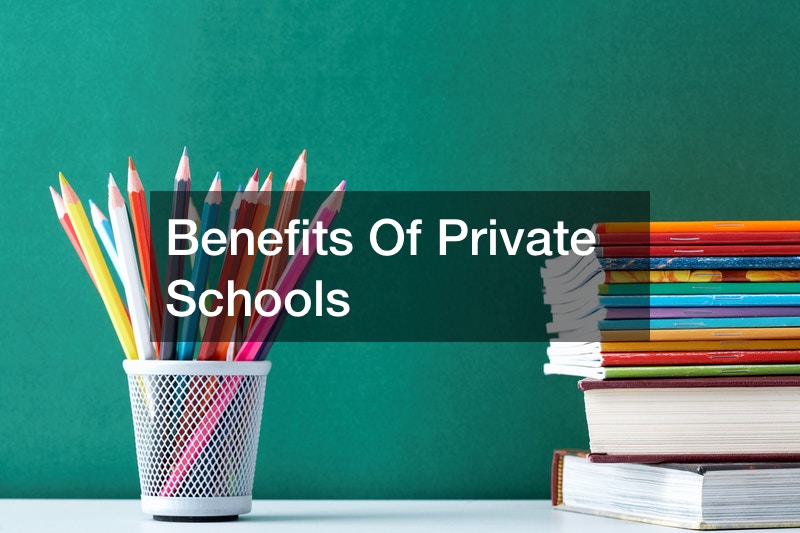When you want a good school for your child, you may look at both a private school and online schools. A private school works with a curriculum that is ahead of the local public schools, so you know that your children are learning more there. It’s a good idea to shop around to find the best private schools in the area so that you know how they each stack up as well as how much they cost. The best private school websites will show you a lot about the school. They will have the tuition amount available as well as deep dives into academics and extracurriculars.

You might also consider your child getting accredited online learning. This is often a less expensive option that can give your child a challenging curriculum. The best independent schools in US are located across the country, not just in large cities. You can find interesting schools in many areas of the country that use highly trained teachers that teach at an advanced level. This can be excellent preparation for standardized tests as well as the work expected from them in college. A good college prep school is a great way to make sure your child is ahead of the curve.
Keep reading to learn more about private schools and how they differ from other types of schools.
The Differences Between Private and Public School

There are two basic differences between a private school and a public school: governance, and finances. Private schools receive funding from tuition fees, donations and gifts, grants, and other fundraising opportunities. Public schools are funded by government agencies, and are managed by them as well. Private schools are governed by an independent board of trustees. While these two aspects define the essential differences, the fact is that many other differences exist. Whether you choose a public or private high school, it?s best to be aware of the benefits of private schools.
In the United States, there are currently over 30,000 private schools, and between Pre-K to high school, they serve over 5 million students. In fact, about 24 percent of all U.S. schools are private, enrolling approximately 10 percent of students. As many parents and guardians are aware, small class sizes are of great benefit to students. Over 80 percent of private schools have less than 300 total students, and on average, a private high school is less than half the size of a public high school. Keep in mind that private schools can limit the number of students they accept; this keeps class size down and increases competition for the available high school classes.
There are other advantages to choosing a private high school, too. For instance, a private preparatory school will offer extensive college counseling. Public schools do offer college counseling, but in a private high school, the counselor has more time to devote to each individual student and often has a stronger network of connections with prestigious universities. According to the 2014 State of College Admissions report from the National Association for College Admission Counseling, compared to the 24 percent time expenditure of public high school guidance counselors, their private school counterparts spent 52 percent of their time on college admissions counseling. That being the case, it should come as no surprise that 88 percent of private high school students apply to college, compared to 57 percent of those in public school.
Another advantage, and one that leads to the high rate of college applications and acceptances, is that the teachers employed by private schools are exemplary. They are highly qualified, committed educators with a proven track record. Most parents reported that dedicated and excellent teachers are a primary reason they send their children to a private high school, according to a Fraser Institute study. Private schools often can more easily afford to send teachers to conferences and other professional development events that increase their knowledge and skills.
One of the other benefits of private schools is the facilities. Since private schools are partially funded through gifts and donations, the money can be dedicated to a particular project in a streamlined way. Therefore, private schools can support an excellent school library or media center equipped with the latest in important books and digital technologies. They also have top notch athletic facilities, as well as a wide range of sporting options that may not be offered at public schools, such as fencing or archery.
Aside from smaller class size, more personal attention from educators, and first rate facilities, there are some other reasons that parents might want a private school education for their children. These include religious or cultural reasons, language needs, special education, or adaptable online programs for traveling families. Overall, it?s best to research and visit a variety of schools before making a decision. The last thing to remember is that not all private schools are expensive! Many offer financial aid, payment plans, and scholarships for deserving students.
